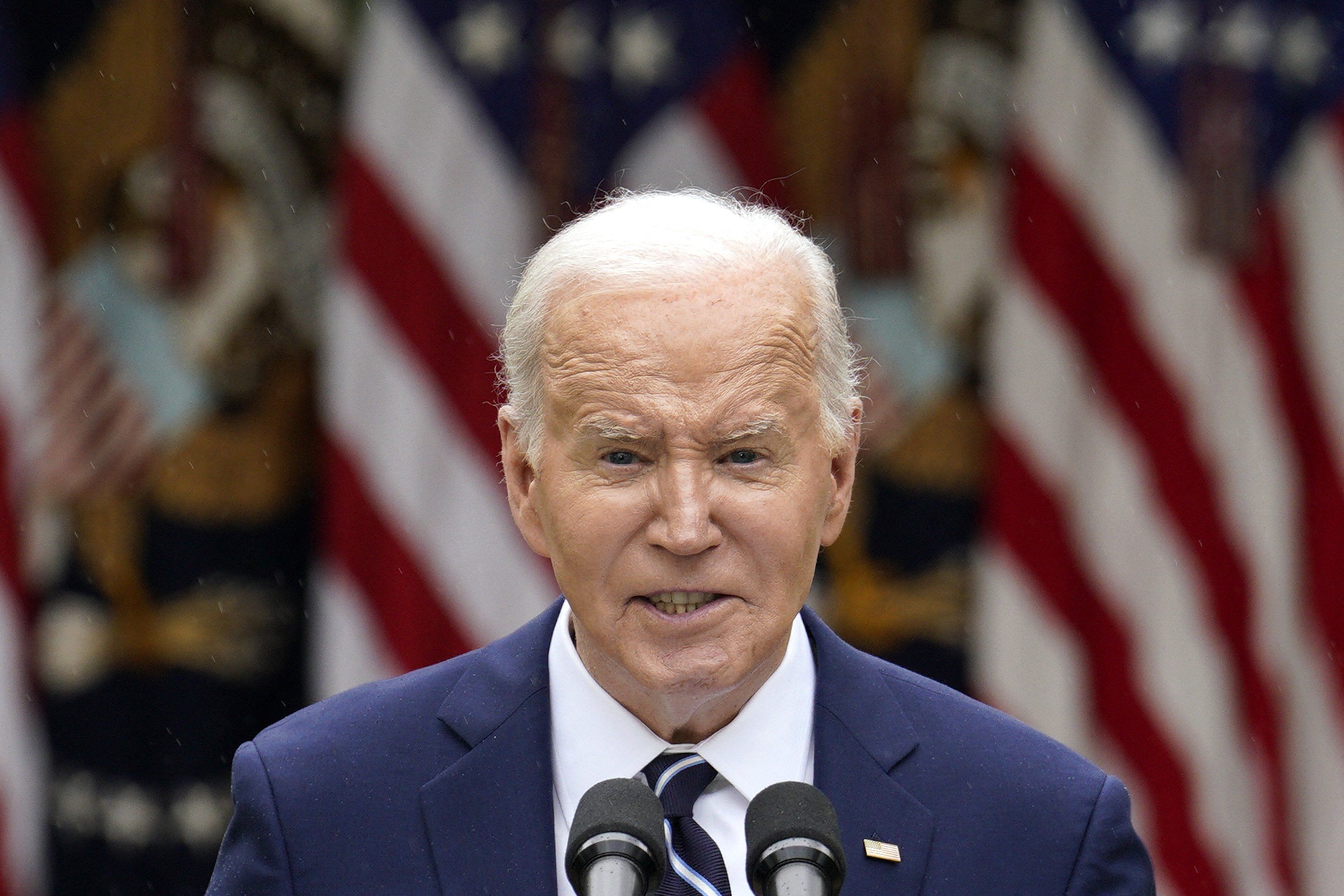Joe Biden employed executive privilege to deny House Republicans access to recordings of his interview with Robert Hur, the special counsel investigating the president’s handling of sensitive government documents. Republicans claim the audio is needed in their investigation into the Biden family’s business dealings.
In March, Hur ignited cries that the president is too old by making the transcript of the interview public alongside a report in which he described Biden as “a sympathetic, well-meaning, elderly man with a poor memory.”
The White House fears that if Republicans get their hands on the tapes, they will “chop them up, distort them, and use them for partisan political purposes.” Biden’s executive privilege claim could be challenged in federal court, though that could put Republicans in the position of contradicting Donald Trump’s expansive assertions of privilege in his two federal criminal cases. Instead, they are likely to organize a vote to hold Attorney General Merrick B. Garland in contempt for ignoring a subpoena for the tapes.
The dispute has put Biden in an impossible situation. The audio might provide Republicans with politically valuable evidence of Biden’s supposed senility, but denying them has put the issue of the president’s age back in the headlines – and gives the appearance that Biden has something to hide.
In the absence of any good options, Biden is ultimately making the most strategic choice. “Biden was in a lose-lose scenario here,” says Eurasia Group’s US director, Clayton Allen,“and he chose the option that keeps the story in the news for the shortest time.”
